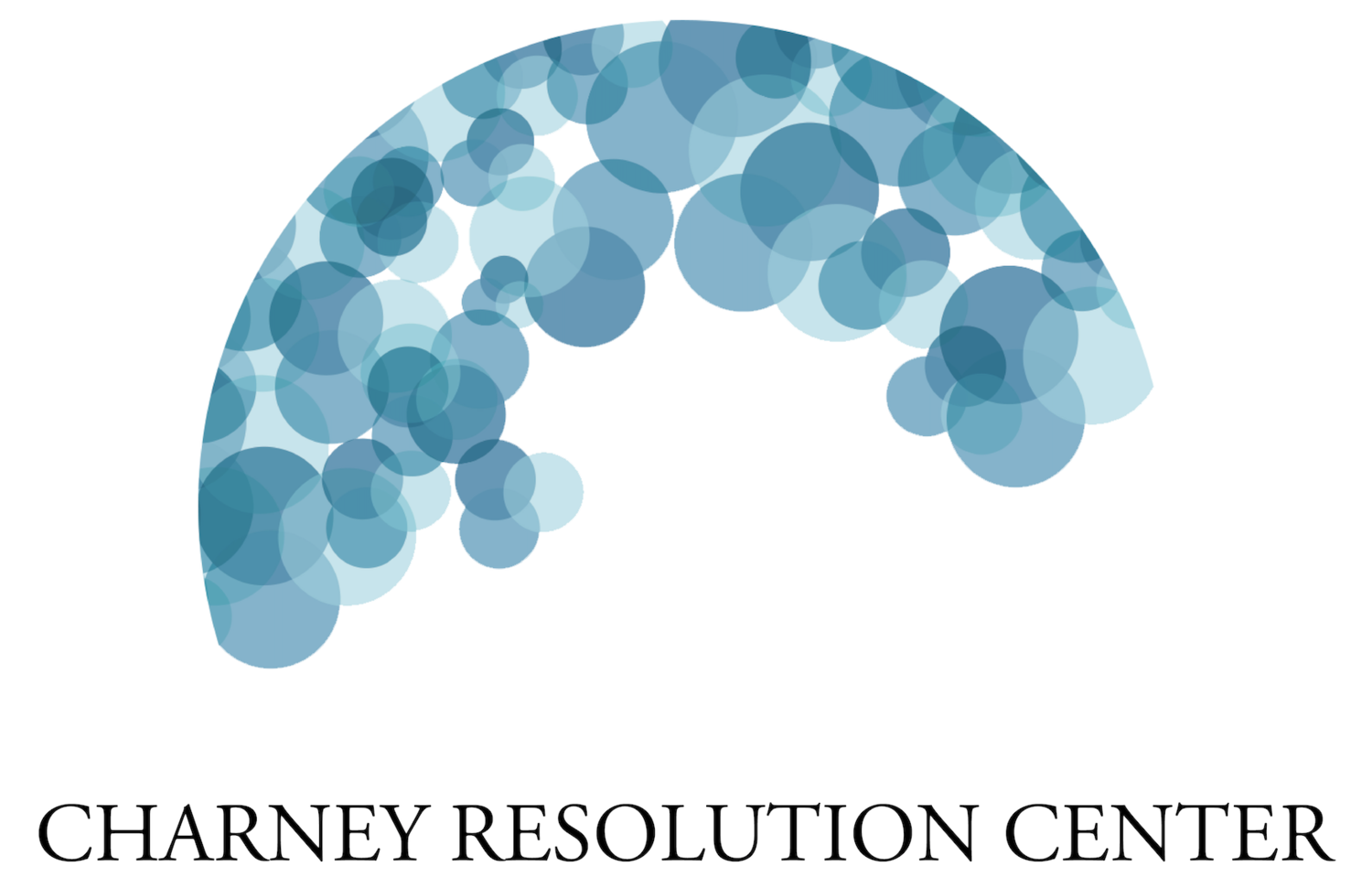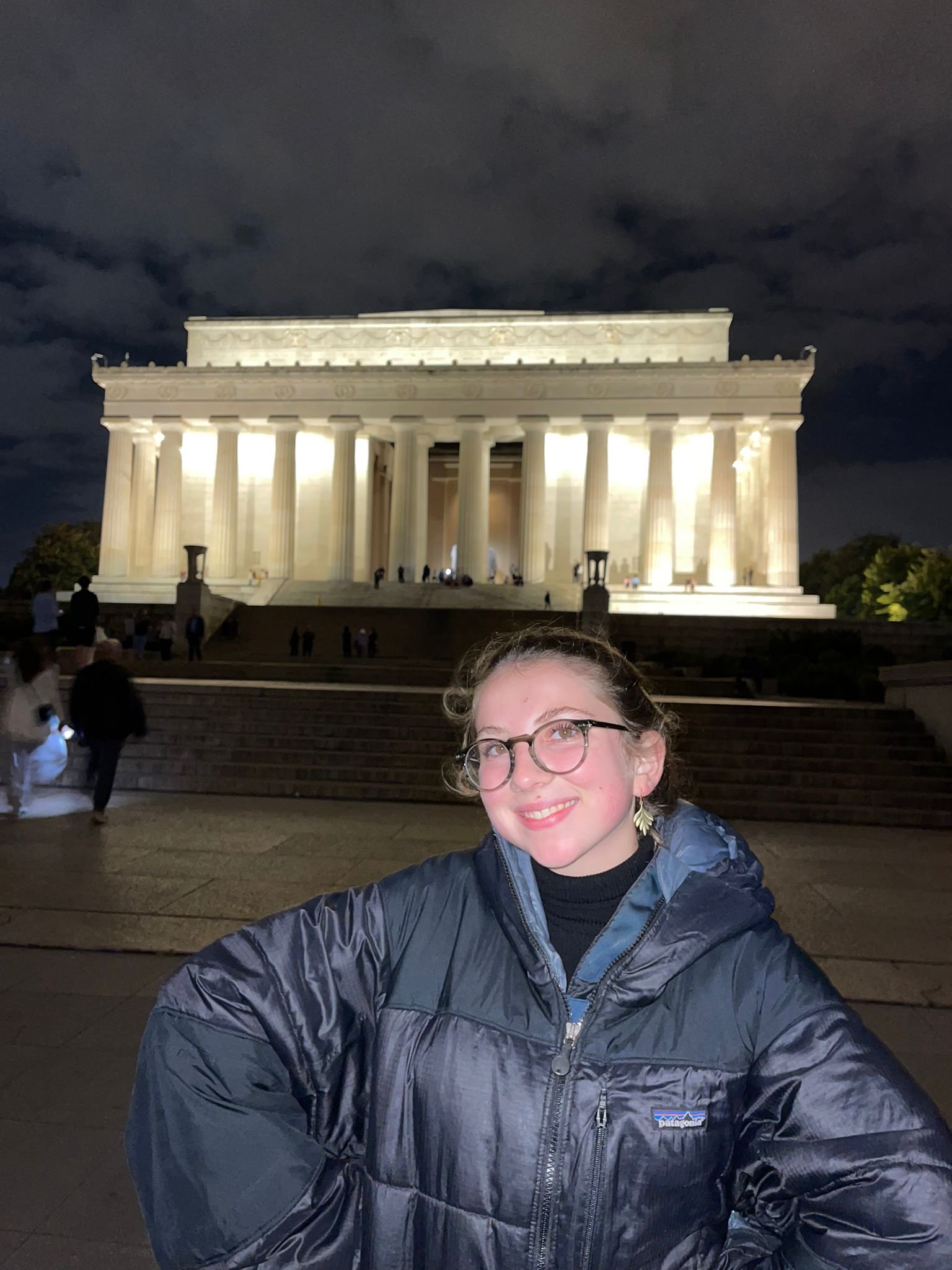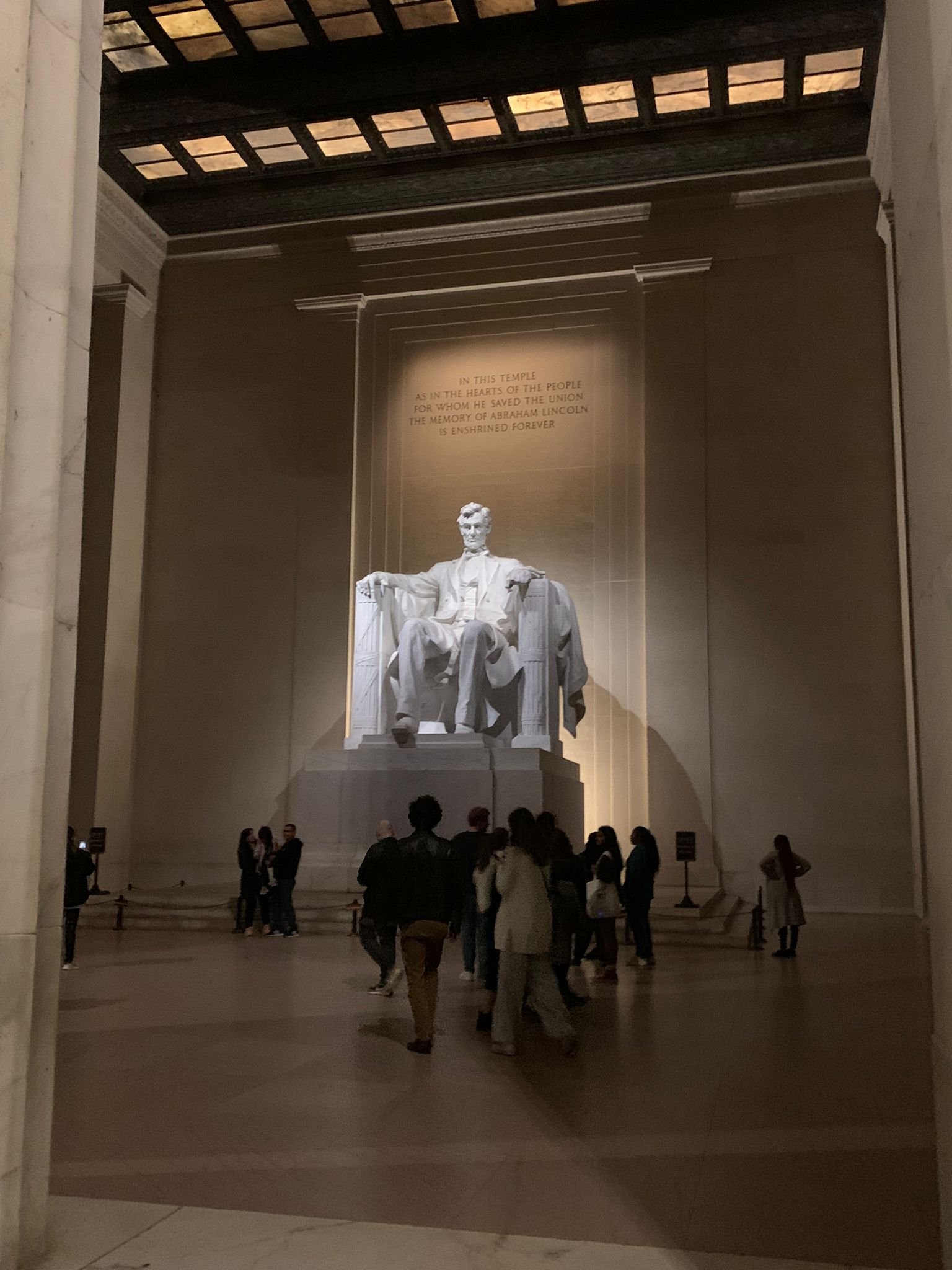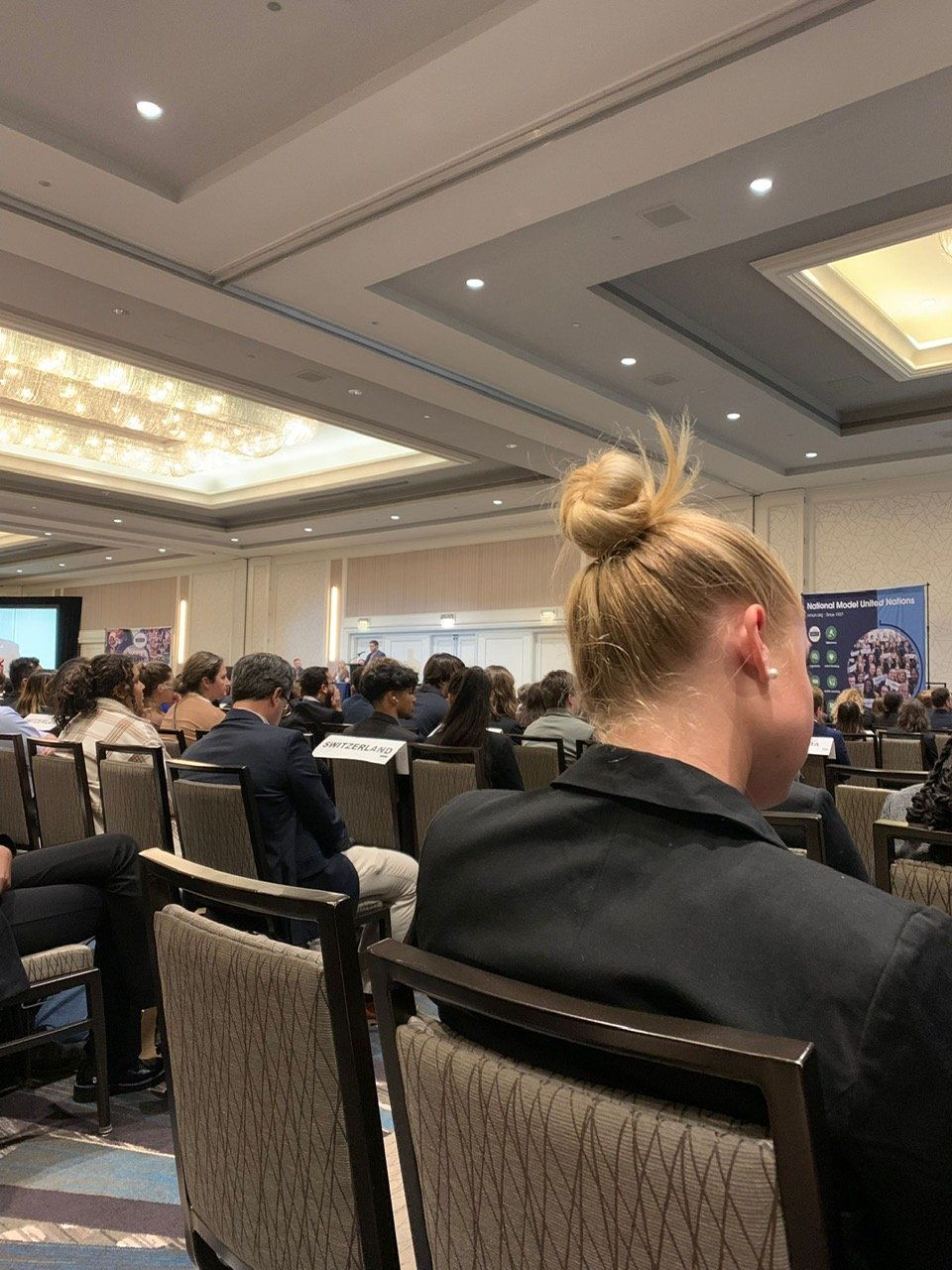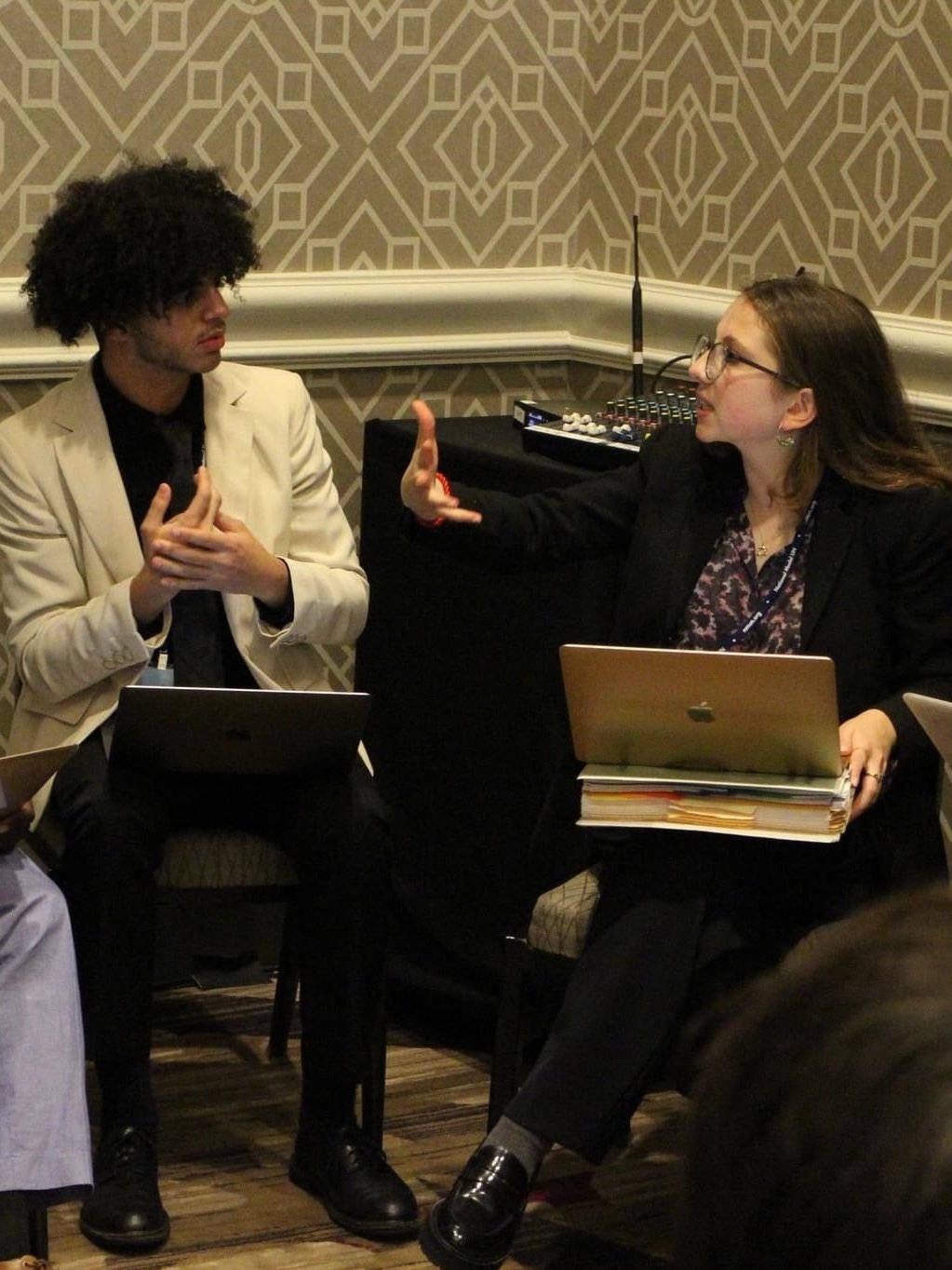The National Model United Nations Conference is a competition in which university students from all over the United States come together for a weekend and simulate the UN. This happens around three times a year: Once in Washington DC, once in New York City, and once abroad. This year, in DC, I participated in that competition as part of the Florida Atlantic University, along with other FAU students from three different classes. Our luck was that we had a course dedicated to this competition in which we learned about diplomacy. We practiced how to negotiate, behave, and act diplomatically. I arrived in Florida in October and had one month of preparation for the big NMUN weekend, which was from Friday, November 4th until Sunday, November 6th.
On the morning of Friday, a group of 75 FAU students gathered. Everyone was tired (considering it was 5 am) but excited, carrying a 2-inch binder filled with information about each delegation’s country. Me and my committee partner, Willie, represented Canada. Arrived at the beautiful Crystal Gateway Mariott Hotel, I met my 3 lovely roommates for the weekend. We got ready right after we arrived, exchanged blazers, and struggled with outfit choices, but ended up looking great for the first committee session that started Friday evening. My committee, the General Assembly Second Committee, was filled with around 150 people and three chairs (which are MUN supervisors), seated at a podium. Our job in the committee was to negotiate the topic of engagement at first -which ended up being Addressing International Migration- and get to know our fellow committee members. Once that was settled, we could start giving speeches on our country's behalf, representing our country's worries and priorities while finding valuable partners to work with. The main goal was to form groups with other Member States to create UN resolutions that would be proposed and voted on in the end. Each session was 3 hours long and we had 6 of them in total during that weekend.
Looking back, I remember how tiring some moments were, regarding the endlessness of Saturday (which was a 9-hour day) and the repetitiveness of some parts of the conference. However, I also started noticing how professionally we managed to work. My committee partner and I quickly realized that we had to work tightly together as the committee seemed chaotic at times (it was hard to keep track of approx. 70 delegations). So I ended up forming a group on behalf of Canada that would start drafting a resolution while he did a lot of networking and ‘recruited’ people to our group. He used his speaking skills to interest people in our idea and I used my guiding skills to build a group that worked amazingly together. We ended up being around 35 people working on a resolution.
As time passed, I understood how many little things that are required in these conferences became habits and I think that is what one of our professor's goals was.
You are too focused to be nervous to give a speech that sounds like you have decades of diplomacy experience - so you give a speech you wrote 5 minutes ago and it sounds flawless. You are too busy to worry about approaching other people and pitching them ideas for resolutions - so you give them a firm handshake, introduce yourself and talk about international migration as if you have been working in your delegation's foreign ministry forever. I always looked up to people that had such impressive speaking skills (especially in the UN) and seem to do it easily and confidently, only to realize that simulating the UN made me gain that sort of confidence as well. Of course, there were weeks of simulation practice with our professor, Jeffrey Morton, who really gave me a core learning experience, but essentially, the entire experience felt like a crash course in diplomacy!
By the end of the third day, Sunday, I started understanding how much progress I have made and all the people I was working with before coming to DC. Not only was this incredibly rewarding but my committee partner and I won the Best Delegate position in the GA2nd committee, Canada (as a delegation represented by around 6 FAU students in different committees) won Best Delegate in the competition, and FAU (as a university) ended up having the highest score and winning as well.
Besides this cherry on top, I am endlessly grateful for the Leon Charney Diplomacy Program and the skills it had taught me for life. I remembered writing in my first report that I hoped to deepen my understanding of global politics and international relations. Being focused on Canada and its foreign policies for such a long and intense period of time has given me exactly that. I also recall saying that ‘Having experience in diplomacy for me is extremely important as it is an essential life skill and tool in almost any path. Knowing how to communicate effectively and convincingly is something necessary in politics and beyond.’ I would like to reaffirm this statement and say that this program has given me many skills, such as public speaking and negotiating effectively which I know I will use for whatever path I choose. On top of that, I got to meet so many amazing people, and even spend Saturday night visiting the Washington DC monuments with new friends. In retrospect, this program has given me a lot of trust, hope, and strength for the future and I am more than glad I got to be part of it.
